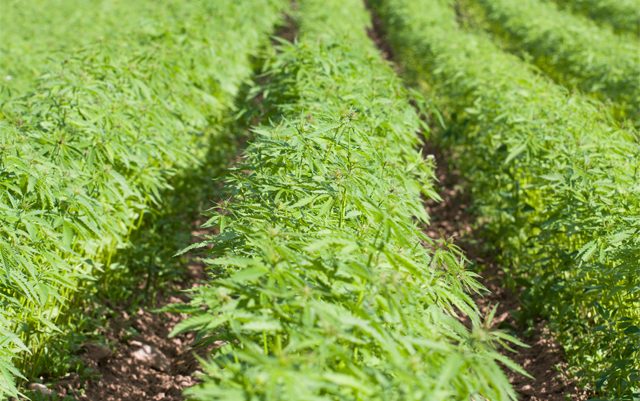It’s hard not to see the coming of automation. Even if you miss the dozens of news stories done about automation every week, it’s harder to miss the self-checkout lanes at your local grocery store or the self-ordering kiosks at your favorite fast food establishment. And while it’s true that actual people are still involved in these operations, it’s not difficult to imagine that humans will be less necessary to the survival of these industries as time goes on.
It’s a thought that scares a lot of people, and for good reason. When you think of millions of jobs being replaced by machines/robots, one has to wonder how restrictive the employment market might become. And although this is a fear that arises with every advancement of technology that leads to more work being produced with less man hours, there is no doubt that the shift into automation will be a major disruption in the world economy for years to come as humans adjust to the new status quo.
The cannabis industry is not immune from this trend. I fact, with legalization creating a new industry, automation could accelerate faster in cannabis than in other industries as young entrepreneurs look for ways to gain an advantage over the competition – both of the legal and illegal varieties.
A great example of this can be seen in the recent announcement of the Seedo Corporation, makers of automated hydroponic grow boxes. Seedo announced that they are partnering with Kibbutz Dan in Northern Israel to create “the first fully automated, commercial-scale, pesticide-free containerized cannabis farm in Israel” (video below).
“We are entering a new era of growing where demand for pesticide-free products will only continue to increase,” said Seedo CEO Zohar Levy. “We’re thrilled to partner with Kibbutz Dan to provide a business model with governments that the world can look to. We’ve built our commercial-scale system to reflect our philosophy that technology can provide precise and reliable results without sacrificing yield.”
No doubt some of you are not enthused by the idea of fully-automated growing, and that’s fine. Support farmers and growers with your purchases and battle to make sure the laws in your area allow home growing. But to some extent, automation is coming to the cannabis industry – just as it is to almost every other industry in existence. You can choose to ignore it with your dollars and consumer choices, but you can’t pretend it’s not here.






